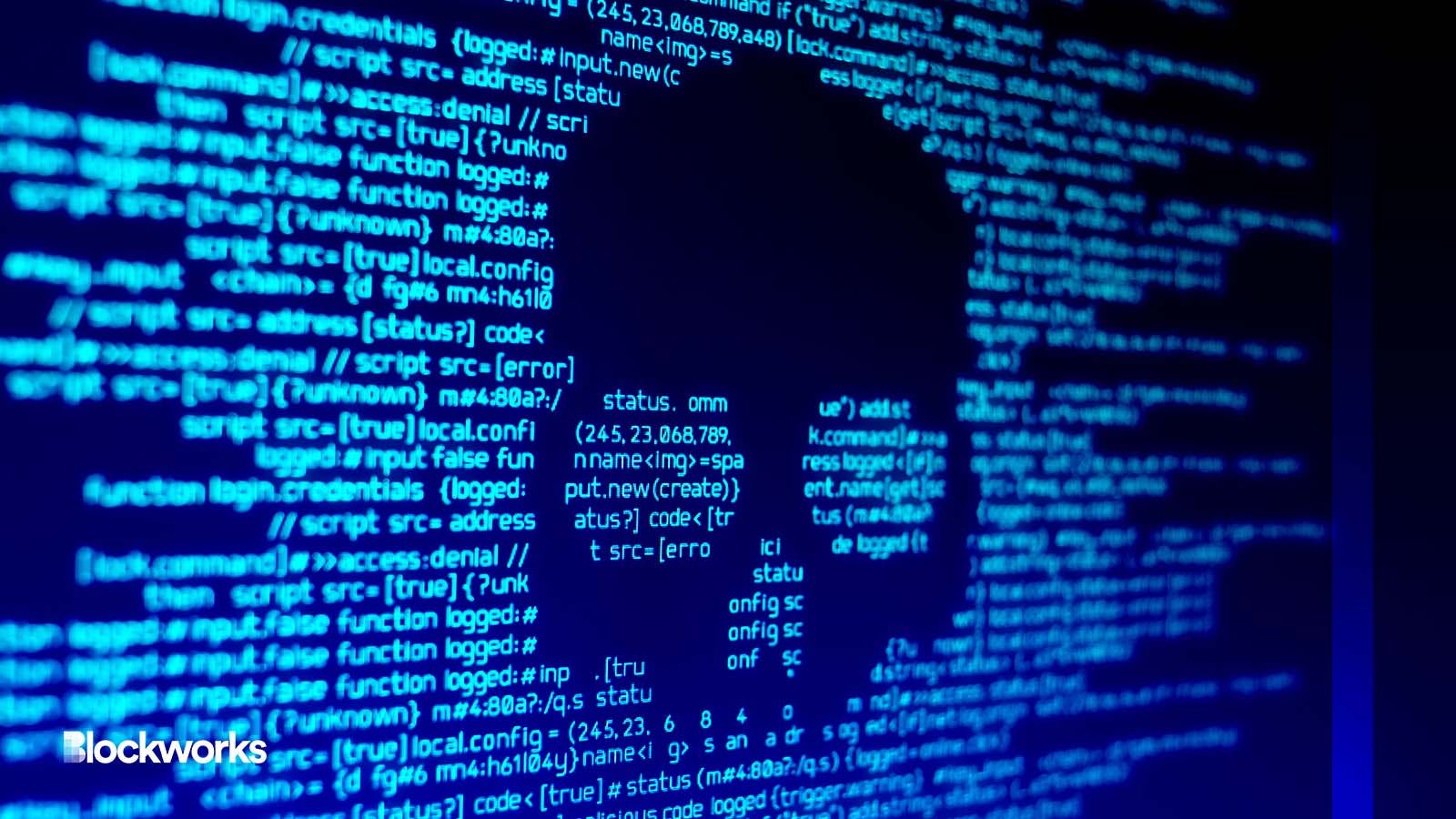Ilya Lichtenstein reportedly admits to being Bitfinex hacker
The husband of Razzlekhan admitted to being behind the 2016 attack in a courtroom on Thursday

solarseven/Shutterstock modified by Blockworks
Ilya Lichtenstein, husband of Heather ‘Razzlekhan’ Morgan, has admitted to being the original hacker behind the 2016 attack on crypto exchange Bitfinex.
According to a CNBC report, Lichtenstein made the confession during a plea hearing held in New York City on Thursday.
On July 20, Lichtenstein and Morgan entered into a plea deal, which included charges of money laundering conspiracy and conspiracy to defraud the United States. Additionally, they agreed to forfeit the cryptocurrency involved in the hack.
Neither of the defendants, however, were charged with the hack itself despite Lichtenstein reportedly admitting to being the hacker.
Morgan and Lichtenstein were arrested in February of last year. The two were originally accused of conspiring to launder over 119,000 bitcoins, as well as initiating 2,000 unauthorized transactions on the Bitfinex platform.
The recovered bitcoin was valued originally at $70 million but rose to as high as $3.6 billion at the time of their arrest.
“Those unauthorized transactions sent the stolen bitcoin to a digital wallet under Lichtenstein’s control,” court documents at the time alleged. “Over the last five years, approximately 25,000 of those stolen bitcoin were transferred out of Lichtenstein’s wallet via a complicated money laundering process that ended with some of the stolen funds being deposited into financial accounts controlled by Lichtenstein and Morgan.”
Morgan’s plea hearing will take place later Thursday. She was previously released on a $3 million bond. Lichtenstein was denied bail and has been in jail since his arrest.
Get the news in your inbox. Explore Blockworks newsletters:
- The Breakdown: Decoding crypto and the markets. Daily.
- 0xResearch: Alpha in your inbox. Think like an analyst.






